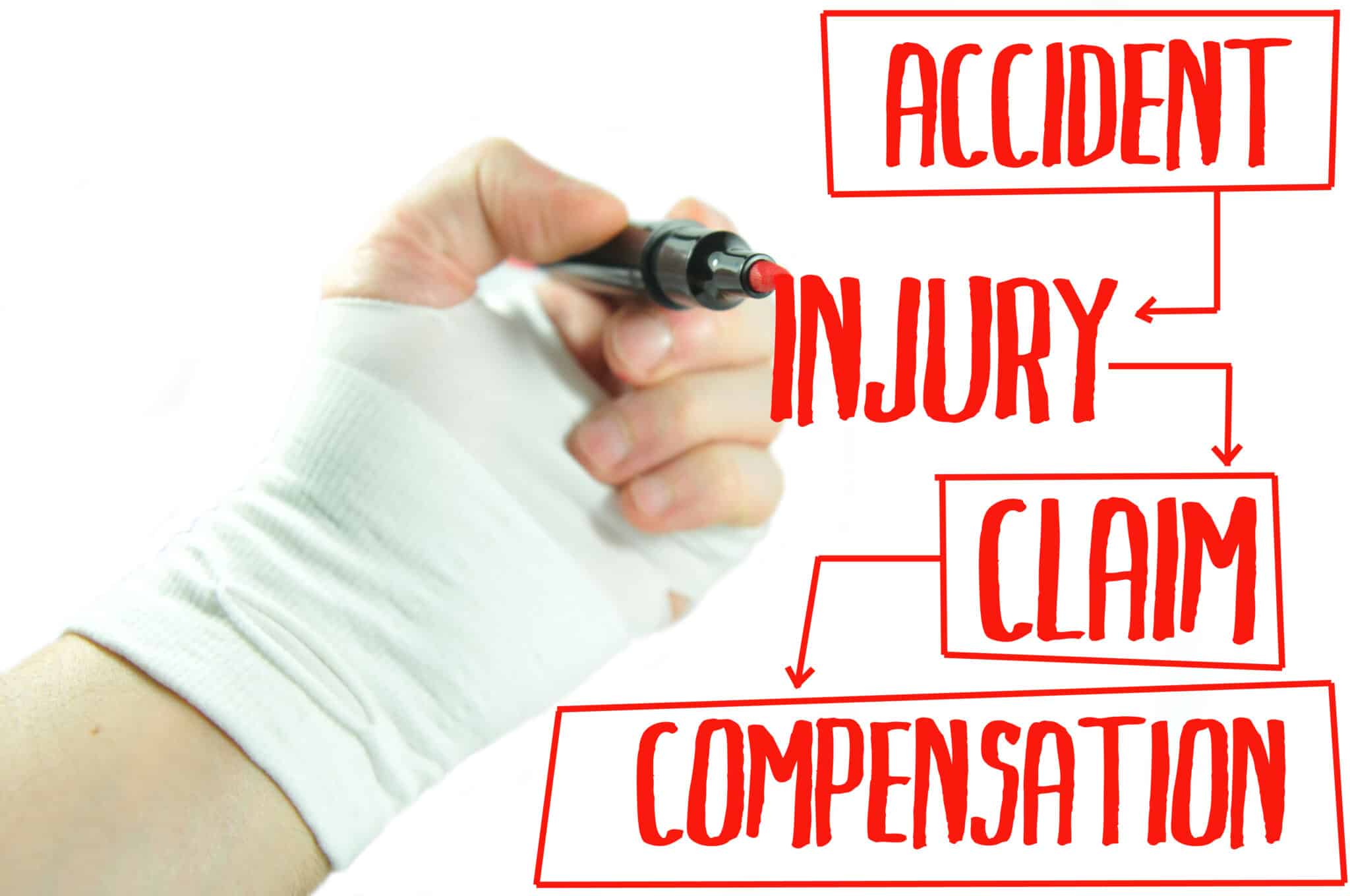If you have been injured due to someone else’s negligence, you may be wondering if you have a personal injury case. This is a common question, and the answer depends on several factors. In this blog post, we will explore what constitutes a personal injury case and how to determine if you have one.
What is a Personal Injury Case?
A personal injury case arises when a person is injured due to the negligence or wrongdoing of another person, business, or entity. The purpose of a personal injury case is to seek compensation for the harm and losses caused by the injury. This compensation may include medical expenses, lost wages, pain and suffering, and other damages.
Examples of personal injury cases include car accidents, slip and falls, medical malpractice, product liability, and workplace accidents. In each case, the injured person (plaintiff) must prove that the other party (defendant) was negligent and that this negligence caused the injury.
How to Determine if You Have a Personal Injury Case
To determine if you have a personal injury case, you should consider the following factors:
Was there negligence involved?
To have a personal injury case, you must prove that the other party was negligent. This means that they failed to exercise reasonable care and that this failure caused your injury. Negligence can take many forms, such as a driver who runs a red light or a property owner who fails to fix a hazardous condition.
Did the negligence cause your injury?
Even if the other party was negligent, you must prove that this negligence caused your injury. For example, if you slip and fall on a wet floor in a store, you must show that the wet floor caused your fall and resulting injuries.
Did you suffer damages?
To obtain compensation in a personal injury case, you must have suffered damages as a result of your injury. Damages can include medical expenses, lost wages, pain and suffering, and other losses. However, if you were not injured or did not suffer any losses, you may not have a personal injury case.
Is there a deadline to file a claim?
In most cases, there is a deadline (statute of limitations) for filing a personal injury claim. This deadline varies by state and type of case, so it is important to consult with an attorney as soon as possible to ensure you do not miss the deadline.
Attorneys Joel Williams and Chase Elleby examine the things that should be considered in determining “Do I have a Personal Injury Case?” in this video:
Consult with an Attorney
If you believe you have a personal injury case, it is important to consult with an attorney who specializes in personal injury law. An attorney can evaluate the facts of your case and determine if you have a valid claim.
They can also help you navigate the legal process and negotiate with insurance companies to seek the compensation you deserve.
If you have been injured due to someone else’s negligence and have suffered damages, you may have a case. To determine if you have a case, consider the factors listed above and consult with one of our experienced attorneys today! Call us at 833-LEGAL-GA.
